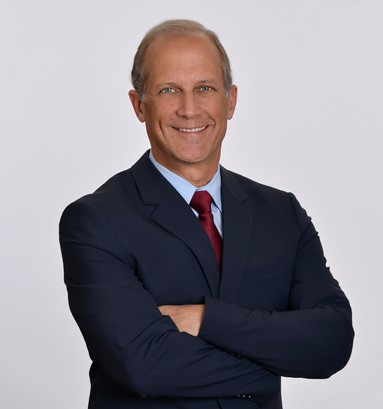
Car collisions involving Uber drivers share many similarities with other motor vehicle wrecks, including the fact that more than one at-fault party can be responsible for causing the crash.
When multiple parties are at fault in a rideshare crash, or any other motor vehicle accident case for that matter, a rideshare injury lawyer (an Uber accident lawyer, in these circumstances) must determine what role each person’s actions played in the incident.
It is important to understand that, as an injury victim in California, the amount of compensation you receive for the injuries you sustain in a rideshare crash can be reduced if you are found to be responsible in part for your accident. In addition, like any other insurance provider, you can expect Uber to try to reduce its liability after a crash by placing whatever blame it can on you for the accident.
How Uber Insurance Works
When you collide with an Uber driver in California, determining responsibility for paying damages depends not only on who was at fault in the crash but also on the status of the rideshare driver.
There are three basic scenarios that you might encounter when such circumstances abound:
The Uber Driver Was Not at Fault
If the Uber driver bears no responsibility for the crash, neither the Uber driver’s personal auto liability insurance nor Uber’s company coverage will come into play. Instead, the at-fault driver’s insurance company will be responsible for paying the claims of any injured parties, including those filed by the rideshare driver.
The Uber Driver Was at Fault but Not on Duty
An Uber driver who is not logged into the rideshare app and thus not currently engaged in providing a ride to a customer is treated as any other motorist. Therefore, if they are at fault, their personal auto liability policy will be the primary source of compensation for any injured parties.
The Uber Driver Was at Fault and Engaged in a Ride
Uber provides insurance coverage for drivers who are either logged into the app and can take fares or are actively completing a fare. When a rideshare driver is responsible for causing a crash while providing rideshare services, the company’s policy is the primary source of compensation.
Applicable policy limits will vary depending on whether the driver was simply logged into the app and available for service or was actively engaged in a trip.
How Comparative Negligence Can Reduce Your Recovery
No matter which of the above policies applies, all insurers will seek to invoke comparative negligence to reduce how much they must pay on your claim. Look for them to take advantage of evidence that seemingly proves the following:
- You admitted fault to a witness or bystander
- You committed a negligent act on the road that contributed to the crash
- You did not obtain prompt medical treatment
- You did not follow your doctor's advice and directions
If proven by a preponderance of the evidence, any comparative negligence proportionally reduces your damages award. For instance, if you suffer $10,000 in damages but are shown to be ten percent responsible for the accident, you would only recover $9,000 instead.
Call an Uber Accident Lawyer Today
If you end up in a car accident with an Uber driver, give yourself the best chance at a full recovery. Retain the services of an experienced California Uber accident lawyer by contacting Steinberg Injury Lawyers and requesting a free case evaluation.

